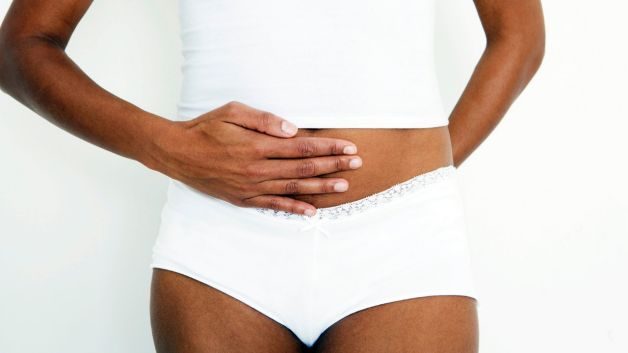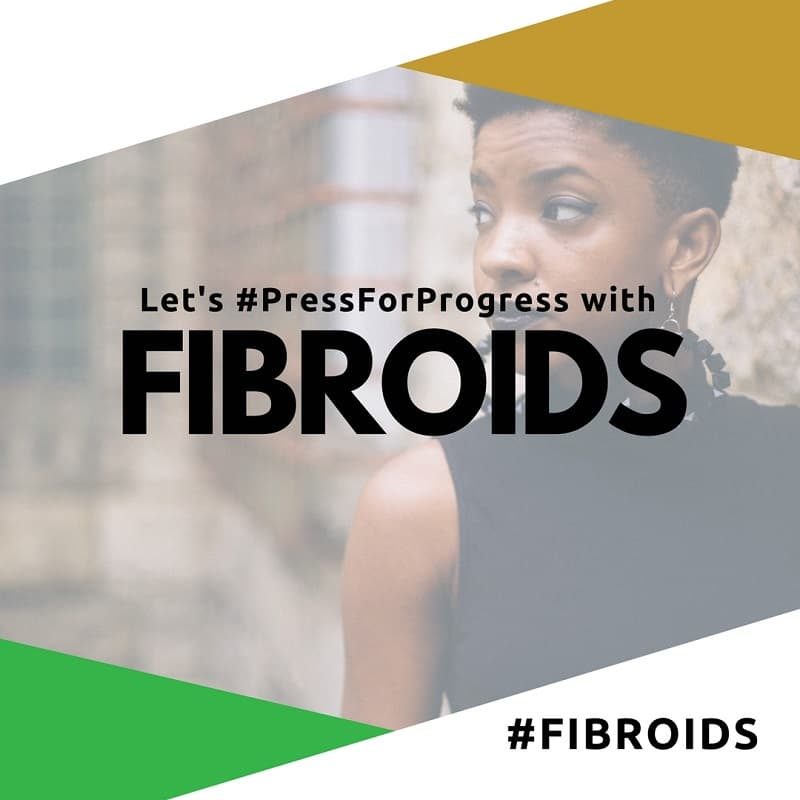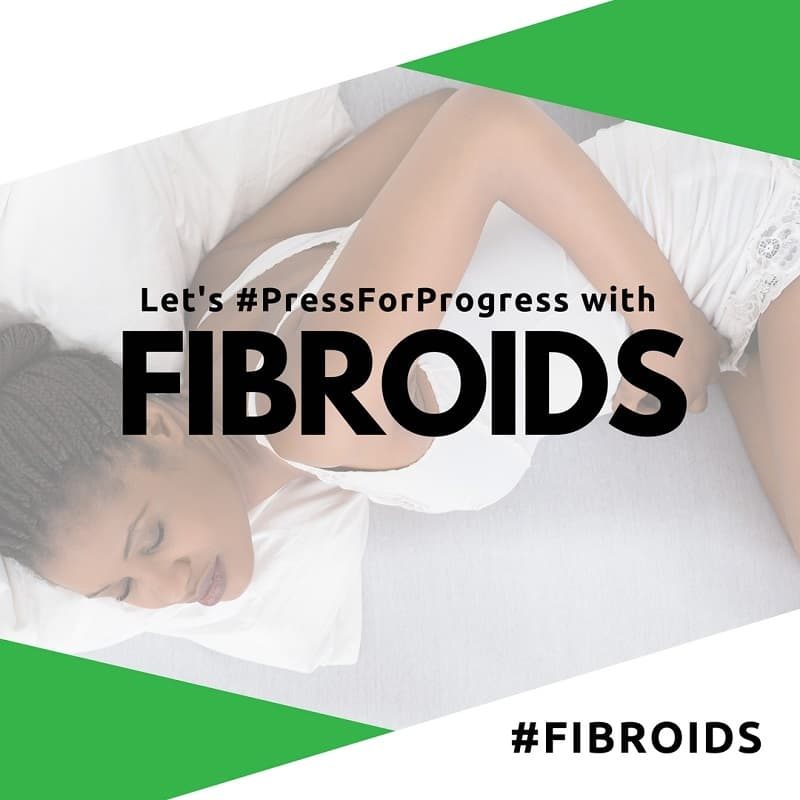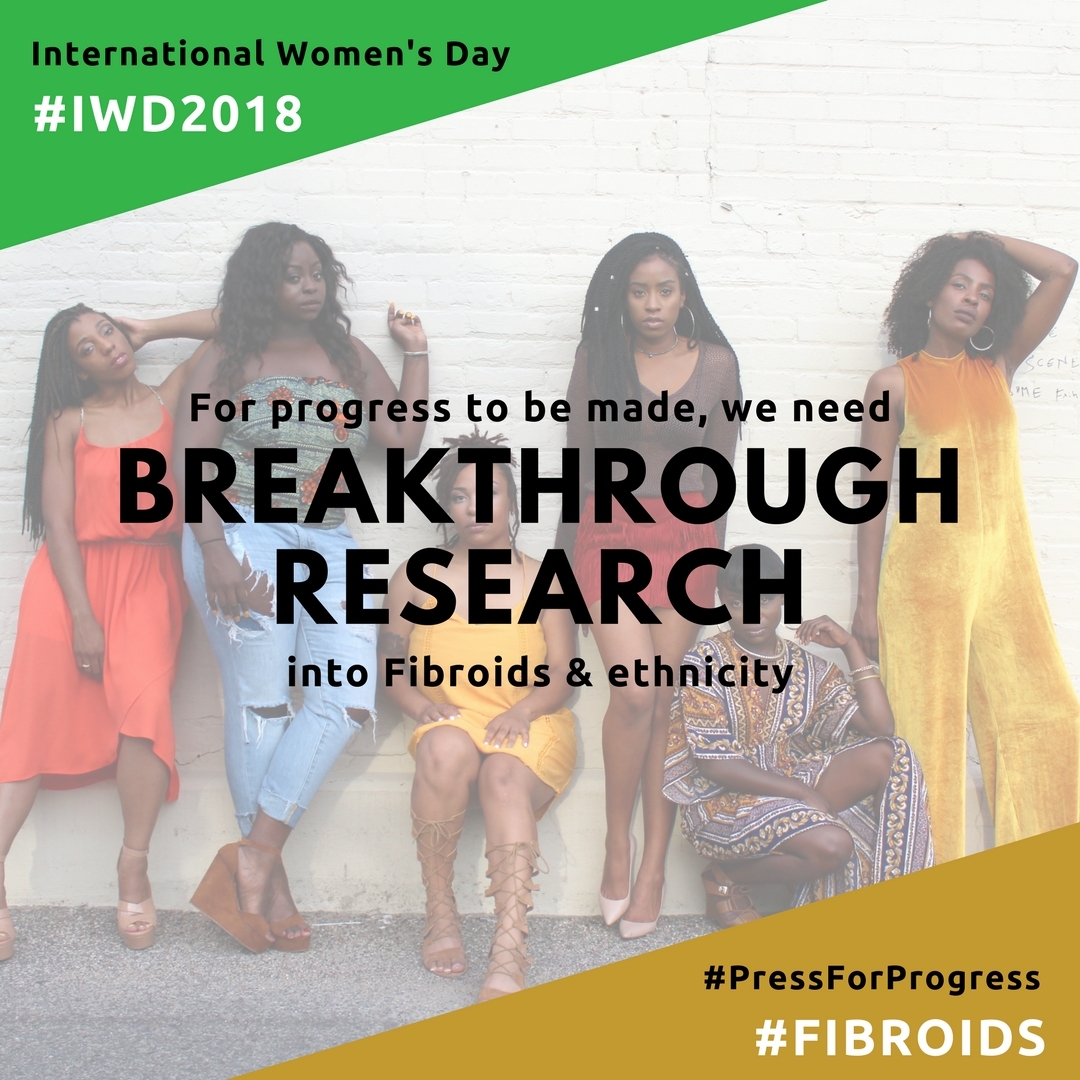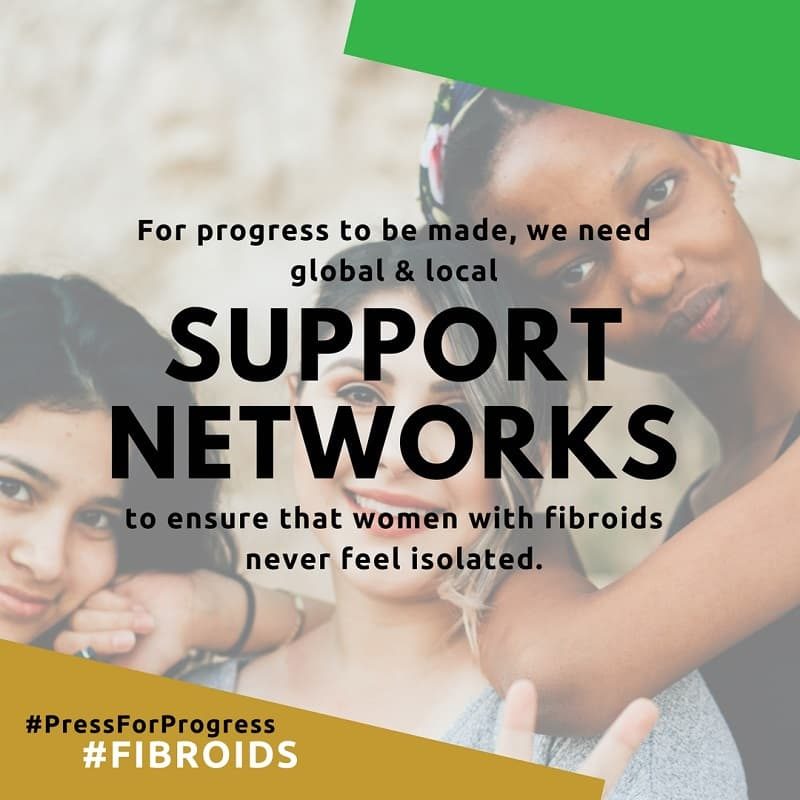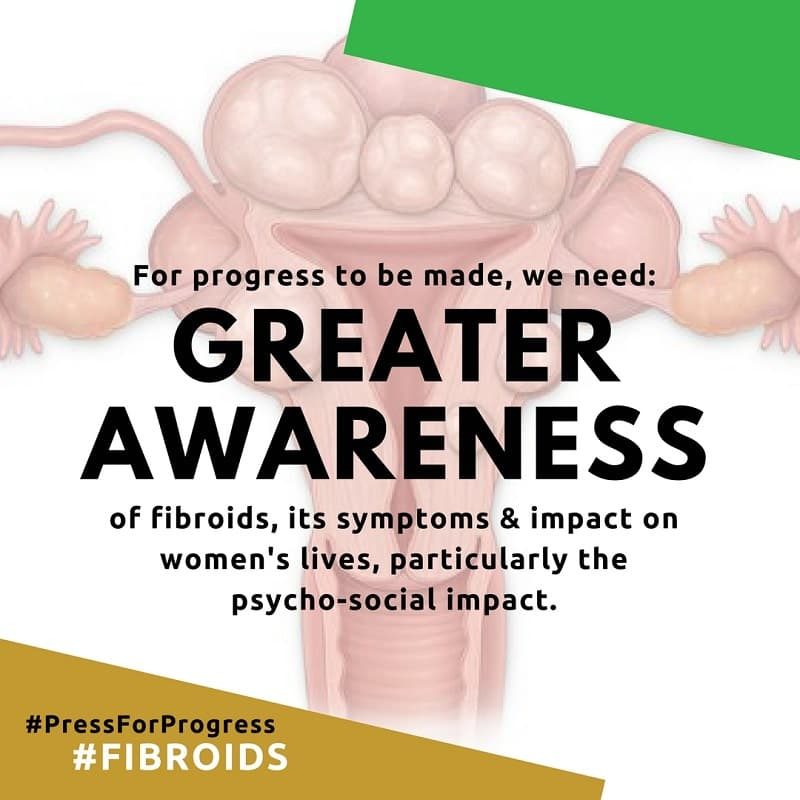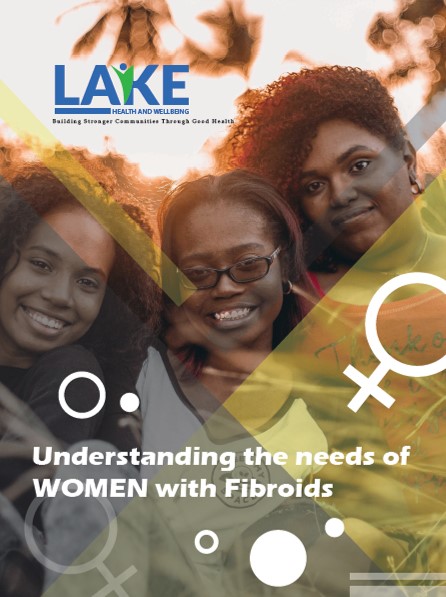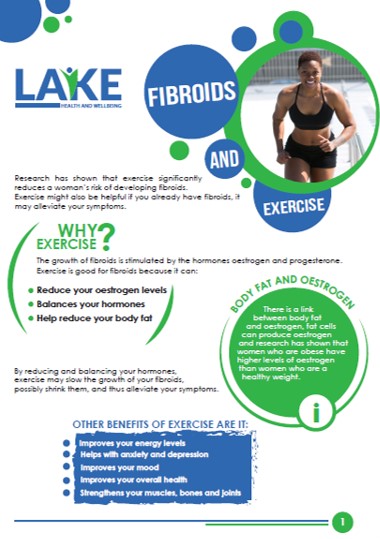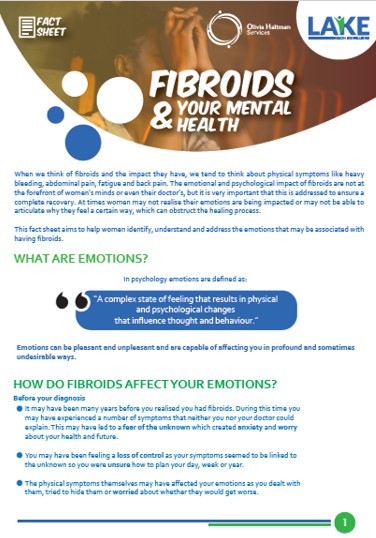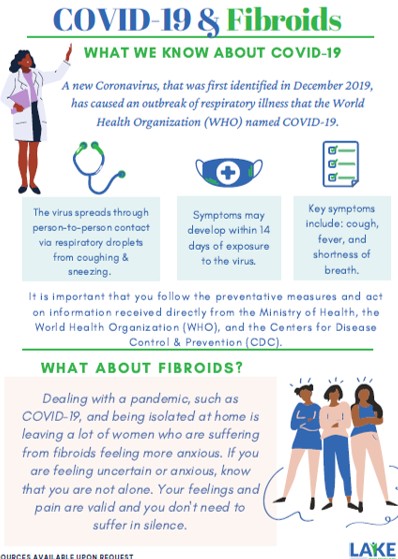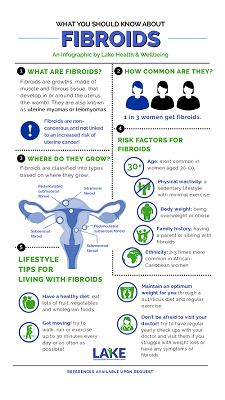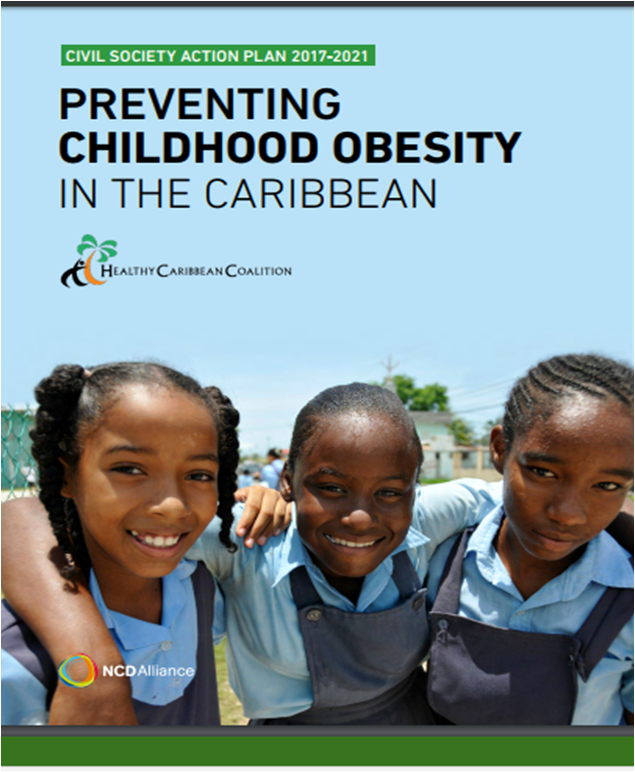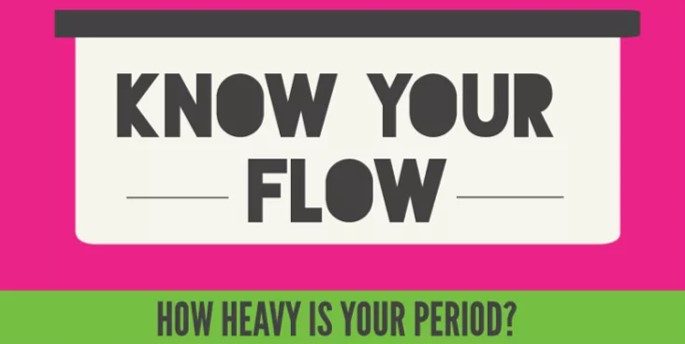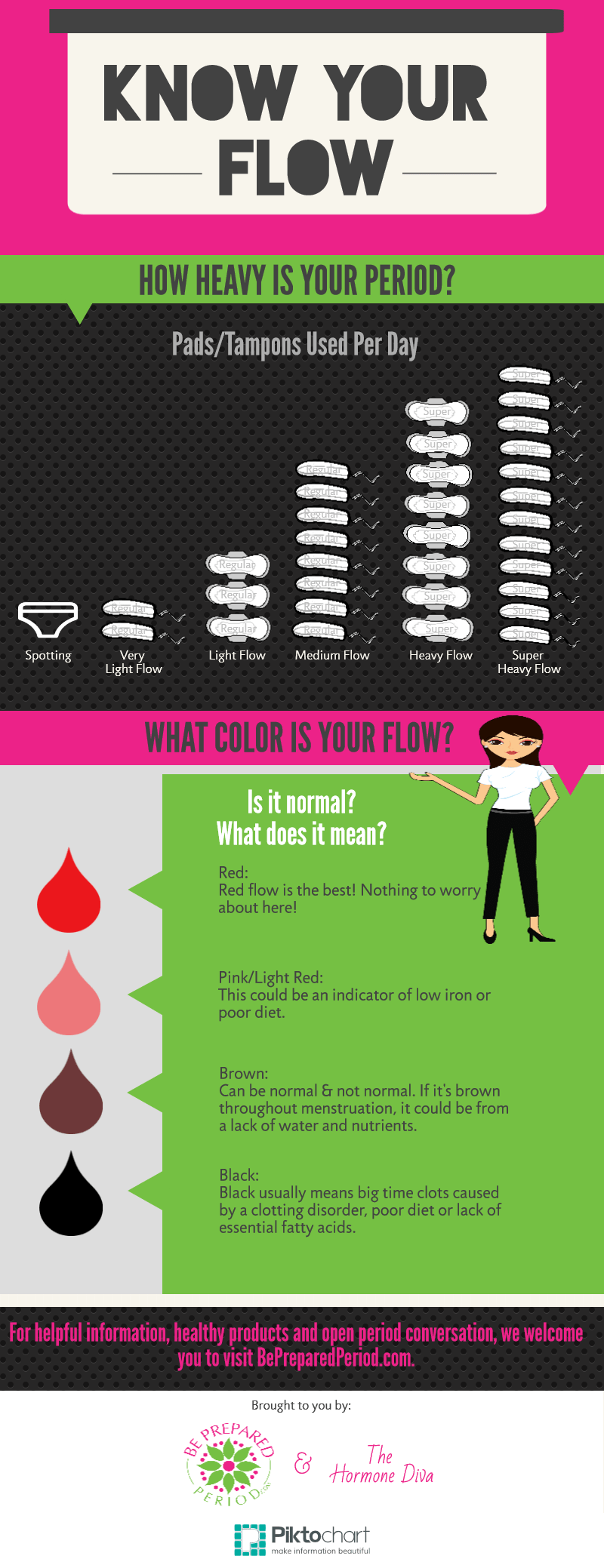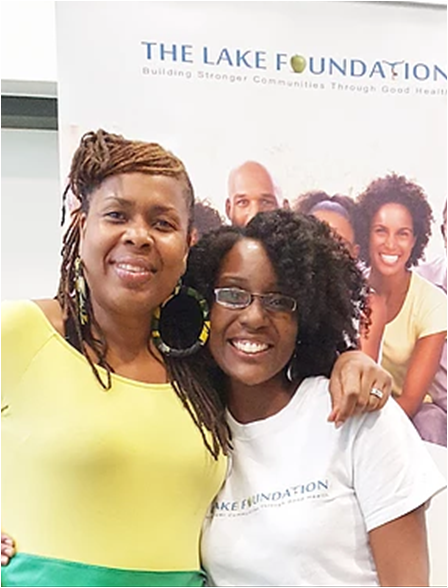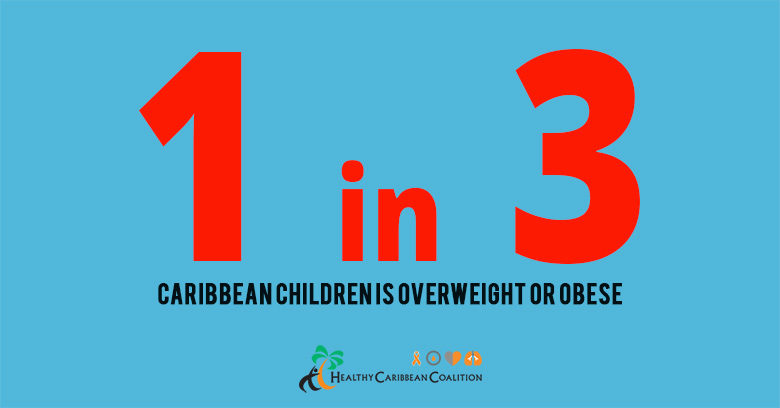Is There a Link Between Fibroids and Endometriosis?
Today we tackle a question that we are asked quite regularly at our fibroids events: ‘Is there a link between fibroids and endometriosis?’
To answer this question, we’re going to look at what research tells us, but first let’s start with a bit of background on endometriosis. You can find out about fibroids on our fibroids page here
What is Endometriosis?
Endometriosis occurs when cells similar to those that line a woman’s womb are found in other parts of the body like the ovaries, fallopian tubes, bladder and stomach. The problem with this is that the cells that line the womb have a specific function which is only appropriate in the womb. The cells that line the womb build up, break down and bleed every month during our period. In the womb the blood has an escape route (the vagina), but in endometriosis the blood from the womb-like cells don’t have an escape route, and this can cause pain, inflammation and scarring.
Endometriosis is a long-term condition that affects millions of women worldwide causing a range of symptoms, such as heavy and painful periods, back pain, constipation, infertility and more. Thus, it has a significant impact on a woman’s quality of life.
Is there a link between fibroids and endometriosis?
When we look at research that has been conducted in this area, there does seem to be a link between fibroids and endometriosis. Firstly, several studies have found that many women with fibroids also have endometriosis, but just how common it is to have both fibroids and endometriosis isn’t clear as it has varied between studies. For example, a study carried out in the US by a team in Stanford in 2010 found that 86% of patients with fibroids also had endometriosis, whilst in 1994 a team in Italy found that just 12% of women with fibroids had endometriosis. Furthermore, three other studies found that 87%, 21% and 28% of women with fibroids also had endometriosis. So, it does vary from there being a very strong link (87%) to a relatively weak, but significant link (12%).
When we look at the biology of fibroids and endometriosis there is evidence of a link between these two conditions. It has been reported that fibroids and endometriosis have common biological abnormalities that contribute to the development of both conditions. Namely these are defects in molecules called 17B-hydroxysteroid dehydrogenase (involved in hormone regulation) and aromatase (involved in the production of oestrogen). Related to this it is thought that women with fibroids and/or endometriosis tend to have a hormone imbalance having excess amounts of oestrogen in the body which, in both conditions, causes growth of the abnormal cells.
Why is it important to know about this link?
It’s important for patients and doctors to be aware of the link between fibroids and endometriosis so patients can receive the most appropriate treatment. If there is no awareness that women with fibroids are likely to also have endometriosis, patients diagnosed fibroids will be treated for just their fibroids and their symptoms may persist which the doctor and patient may think is due to the treatment being ineffective, but the persistent symptoms could be due to undiagnosed endometriosis. Researchers from the Stanford Study therefore recommend that doctors explore whether their fibroids patients also have endometriosis. Their study did identify helpful clues to identify whether a patient with fibroids may have endometriosis. They found that women who were diagnosed fibroids were more likely to have endometriosis if they:
- Had pelvic pain that was disproportionate to the size of their fibroids
- Were infertile
Therefore a good starting point for doctors and patients wanting to explain persistent symptoms after fibroids treatment is to explore whether the two symptoms above are present as this could mean the patient has endometriosis. If we can pinpoint these patients early then steps can be taken to alleviate their symptoms and thus improve their quality of life.
More Information
For more information about endometriosis you can visit Endometriosis UK’s website and for more information about the link between fibroids and endometriosis you can check out the references below.
References
- Huang J. et al. (2010). Coexistence of endometriosis in women with symptomatic leiomyomas. Fertil Steril, Volume 94(2), p 720.
- Nezhat C. et al. (2016). Strong Association Between Endometriosis and Symptomatic Leiomyomas. JSLS, Volume 20 (3).
- Maclaran K., Agarwal N. and Odejinmi. (2014). Co-existence of uterine myomas and endometriosis in women undergoing myomectomy: risk factors and surgical implications. J Minim Invasive Gynecol, Volume 21 (6), p 1086.
- Tanmahasamut P., Noothong S., Sanga–Areekul N., Silprasit K. and Dangrat C. (2014). Prevalence of endometriosis in women undergoing surgery for benign gynecologic diseases. J Med Assoc Thai, Volume 97 (2), p147.
Disclosure: this post contains an affiliate link







